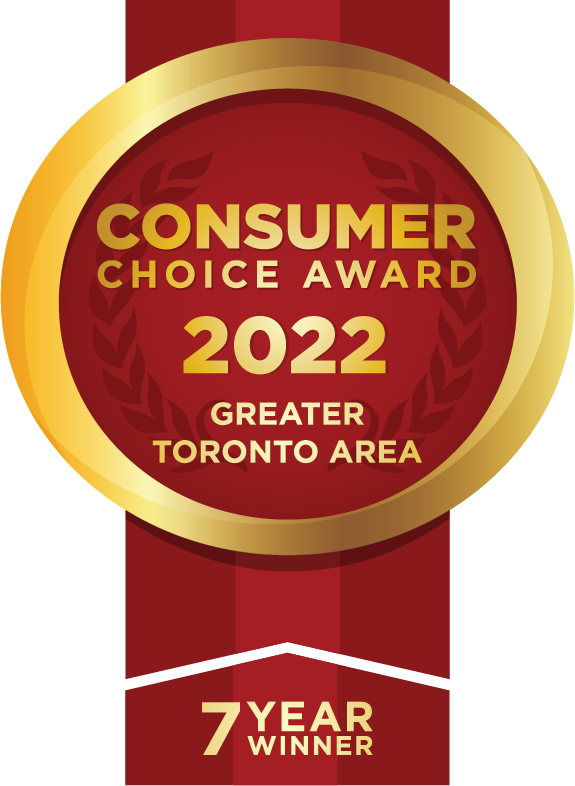Have you bought and sold a new condo over the past seven years?
The Canada Revenue Agency (“CRA”) has deployed abusive audit practices and has been targeting the booming real estate markets in Toronto and Vancouver. The focus of this audit trend is primarily on individuals who intended on flipping said properties for a profit as soon as their project is complete.
Many preconstruction purchases take years before the condo is ‘move-in’ ready.
As such, taxpayers are forced to sell because their circumstances have substantially changed since the time of purchase.
Approximately 250 buyers in Toronto and Vancouver have been asked to refund GST and HST rebates on homes that auditors have deemed aren’t being used as primary residences.
As of late, auditors of the CRA have taken a tax first, ask questions later approach.
When residential properties are sold, there are generally three tax treatments that can apply:
- Principal Residency Exemption: this exemption is a year by year designation that allows for an additional bonus year to be used.
- Ownerships are required: this requirement is met whether the taxpayer is the owner (including a beneficial owner) of the property.
- The ordinarily inhabited rule: this is resolved on that basis of the facts in each particular case.
- Designation is required: the taxpayer must complete the T2091 Form (IND) which need not be completed and filed with the taxpayers income tax return unless: a taxable capital gain on the disposition of the property remains after using the principal residence exemption formula
See the CRA’s Income Tax Folio: S1-F3-C2: Principal Residence for more information
- Capital Gains/Losses: this is generally the treatment when the sale involves a rental property or a second personal home on which you are not claiming the principal residence exemption status. Capital Gains are only taxed at 50%. For example, if you purchased the property for $500,000 but sold it for $700,000 – your profit on the disposition is $200,000 – of which you would only pay tax on $100,000.
- Business Income: generally gains on the disposition of property will be fully taxed when/if you sell the property before the closing date or when you possess expertise in the real estate market, sell the property shortly after acquisition or have engaged in a series of similar transactions.
The limitation on reassessing tax returns for more than 3 years after the date of the original assessment is a safeguard provided to taxpayers. In order for the CRA to reassess beyond this limitation, they will have to levy gross negligence penalties that amount to 50% of the tax consequences stemming from their reassessment. Keeping in line with their aggressive audit procedures, the CRA will generally levy these penalties and shift the onus onto the taxpayer to prove that there was no fraudulent, negligent or innocent misrepresentation or inadvertent omission.
If you receive an Audit Questionnaire from the CRA, they will be requesting a voluminous amount of information and documentation on any and all properties you own. It would be in your best interest to maintain the following records:
- Agreement of Purchase and Sale;
- Statement of Adjustment;
- A copy of your mortgage;
- A copy of the land titles search;
- A copy of the property listing; and
- Any other expenses incurred (including but not limited to renovation receipts).
If you have engaged in a transaction as described above and have not been contacted by the CRA, call Barrett Tax Law today to find out how to avoid the levying of gross negligence penalties and come clean with the CRA.




